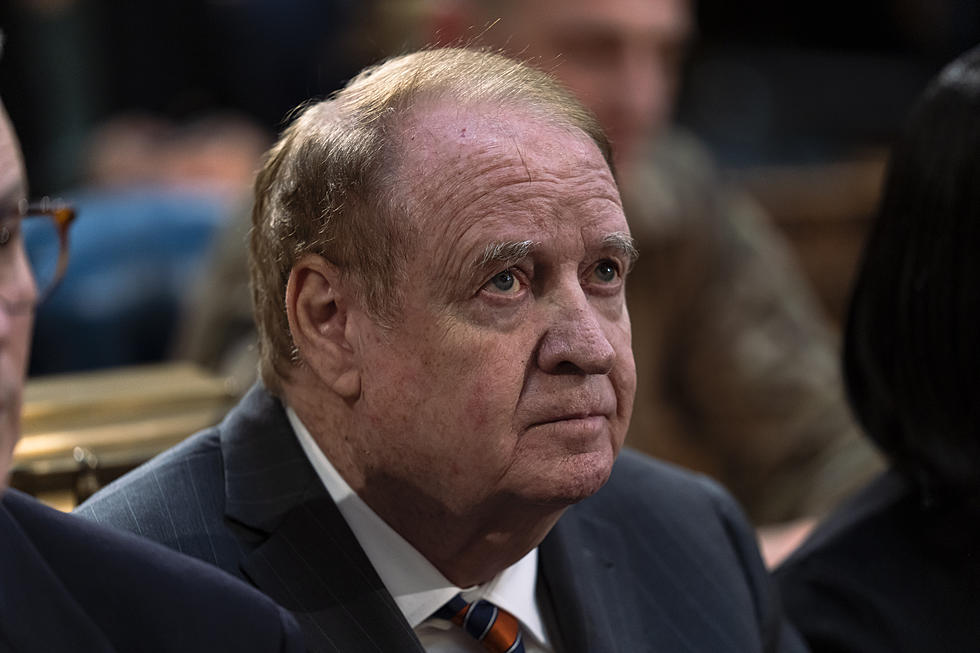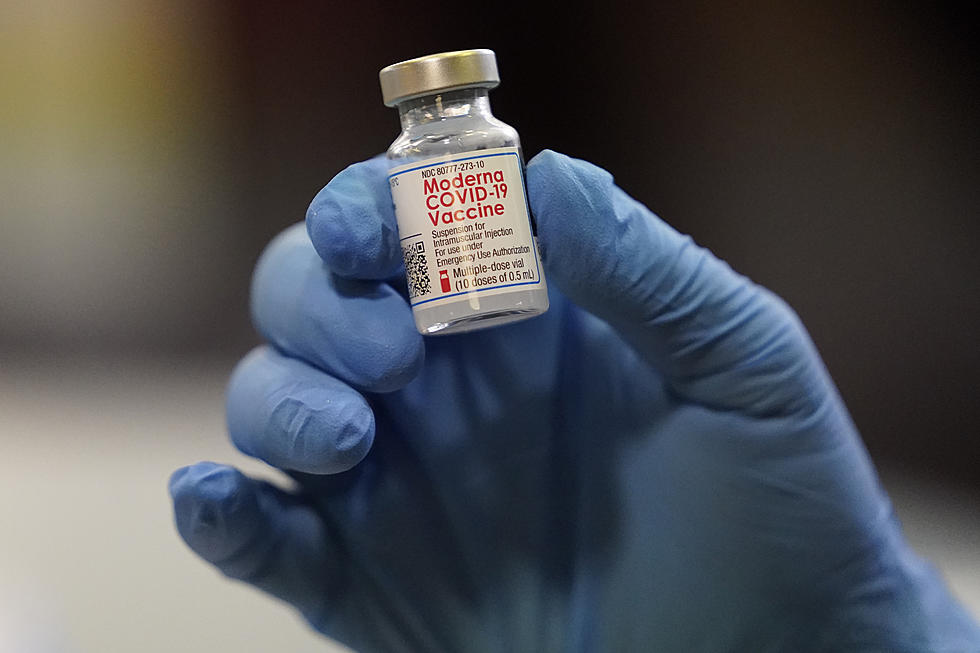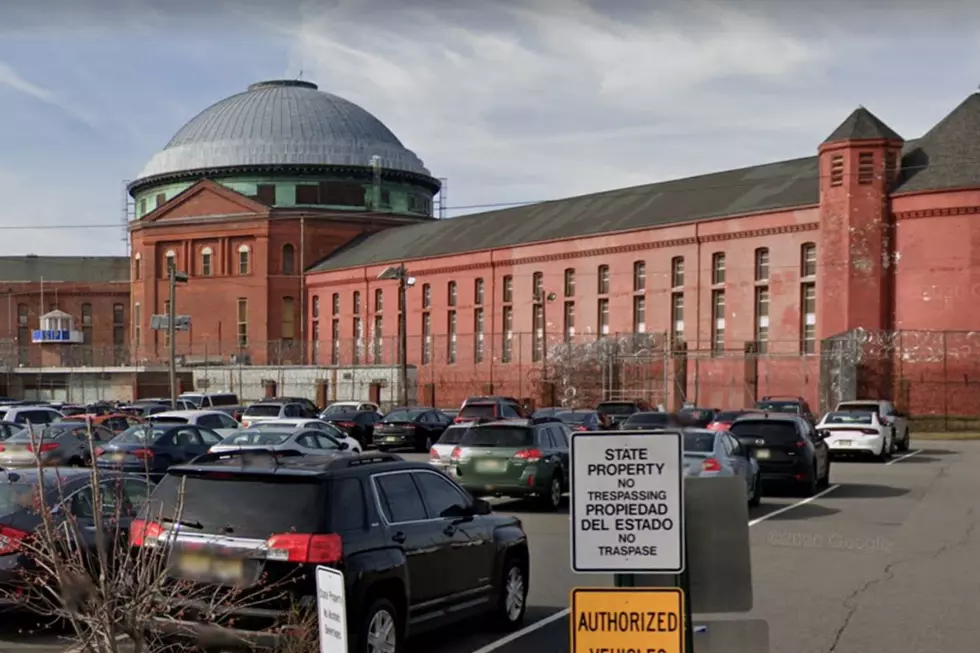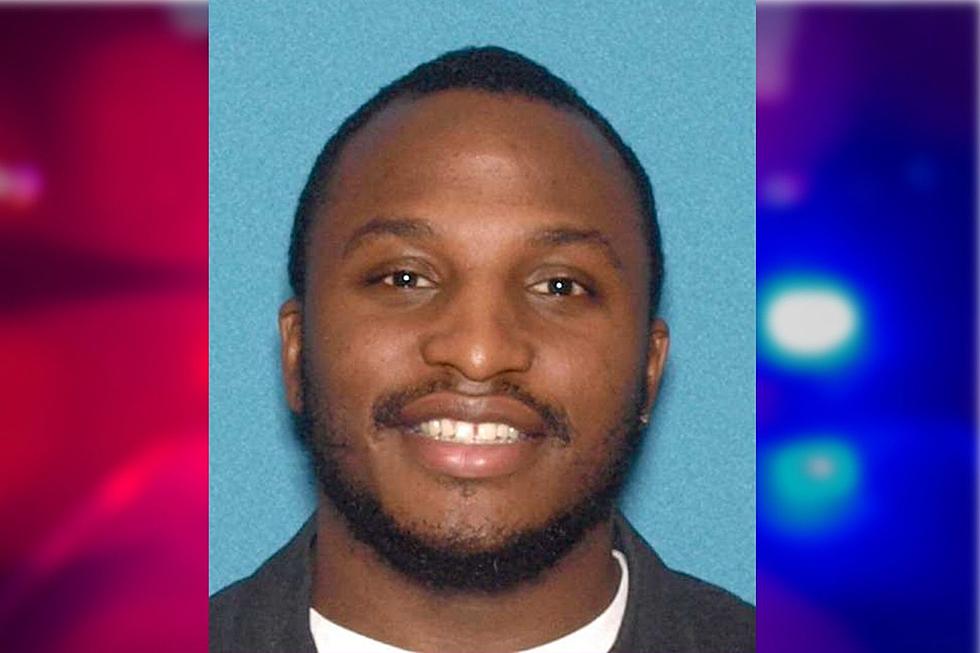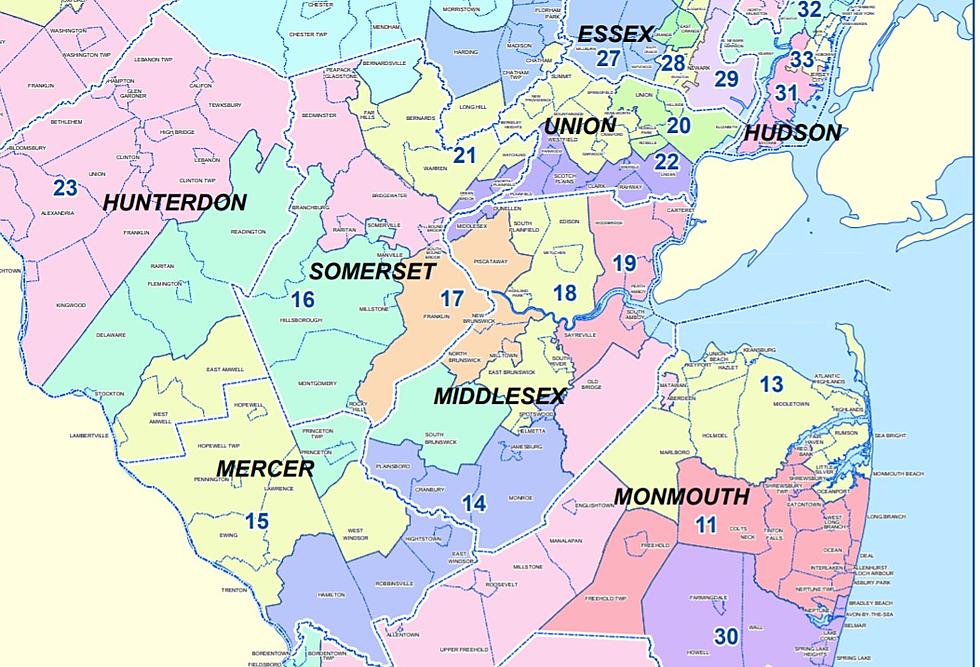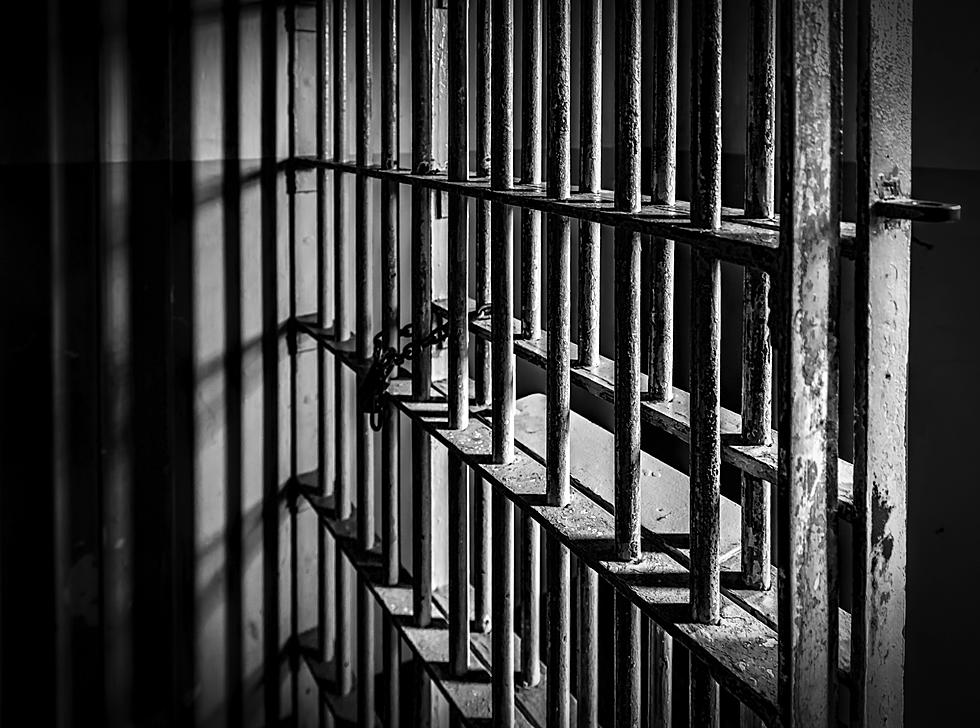
‘Going to eat us alive': Overtime in NJ prisons tops $65M
TRENTON – Lawmakers bemoaned growing overtime costs in the state’s prisons at a Monday budget hearing, which are approaching $1 million even if costs related to the COVID-19 response are excluded.
The Department of Corrections says overtime cost $61.5 million last fiscal year, including $14.5 million due to the pandemic that gets reimbursed by the Federal Emergency Management Agency. This year is projected at $65.4 million, including $17.7 million in FEMA-covered pandemic costs.
“The pandemic increased overtime due to additional staffing needs,” said Corrections Commissioner Marcus Hicks. “NJDOC had to ensure facilities were properly staffed as many staff members fell ill or had to quarantine to avoid further spreading the virus.”
“In addition, quarantine and isolation units were established at the facilities for inmates that tested positive for COVID-19 or had been exposed. The units required staffing and resulted in increased overtime,” he said. “As inmates with COVID-19 were hospitalized across the state, staff were deployed for security purposes and remained with the inmates 24/7 resulting in increased overtime.”
Assemblyman John Burzichelli, D-Gloucester, said the figures from the NJDOC are smaller than those provided by the state Treasury Department, which pegged this year’s overtime at $81 million.
“Trying to get at the overtime thing because it’s going to eat us alive at some point,” Burzichelli said. “Right now, you’ve got a little bit of an advantage of FEMA helping, but you’re spending almost a million dollars a week in overtime of state funds. That’s a big number.”
The inmate population has declined from a daily average of 16,501 in fiscal 2019 and 15,646 in fiscal 2020 to 10,797 this fiscal year. That is in part because 3,675 inmates were released early, as of March 31, under a state law providing public health emergency credits.
“It is confusing that the population can decline and the overtime go up,” Burzichelli said. “Now, I listened carefully to your statement and recognize that you have issues – you know, very unique issues with COVID-19. But you’re just dealing with less people.”
Hicks said the proposed state budget includes $175,000 for a custody overtime and staffing consultant study intended to provide recommendations on overtime reductions.
“The department is also seeking the exploration of alternative staffing schedule techniques such as 12-hour and 10-hour balanced shift and implementing a pilot program and increasing recruiting efforts,” Hicks said.
The state has closed two prison facilities in the past two years and plans to shutter a third in the coming year – the William H. Fauver Youth Correctional Facility. Hicks said none of the closures led to layoffs, as officers have been transferred elsewhere to backfill vacancies.
Hicks said those closures save money. The proposed budget reflects $14 million in savings from closing Fauver. But Burzichelli said the full benefits aren’t been realized by the state.
“The savings is being eating up by the overtime,” Burzichelli said.
“You’ve got to get your arms around this, as you’re sitting in this seat,” he said. “This overtime thing is going to eat us alive. You’ve got outdated facilities that are in part empty. You’ve got a roster of guards that are approaching a ratio of almost one guard to two and a half, three prisoners. That needs to be addressed.”

The proposed state budget includes about $34 million in state-funded overtime in the year ahead.
Hicks said the number of employees is almost 300 people below what is budgeted, between custody and civilian staff. He said the department has 200 fewer officers than a year ago. He said the NJDOC loses an average of 16 correctional police officers each pay period. That comes to 416 officers annually, and only 195 officer recruits have graduated this year to replace them.
“Because of COVID, we had to reduce the number of recruiting classes that we had, when you take into account social distancing,” Hicks said. “We have typically have three per year. This past year we had two, and both of those classes were smaller than usual because of social distancing.”
Michael Symons is State House bureau chief for New Jersey 101.5. Contact him at michael.symons@townsquaremedia.com.
LOOK: 50 images of winning moments from sports history
LOOK: Here are the 50 best beach towns in America
More From New Jersey 101.5 FM

